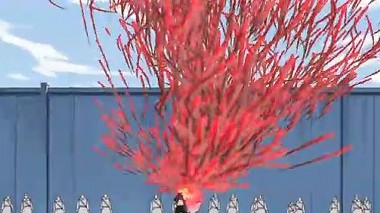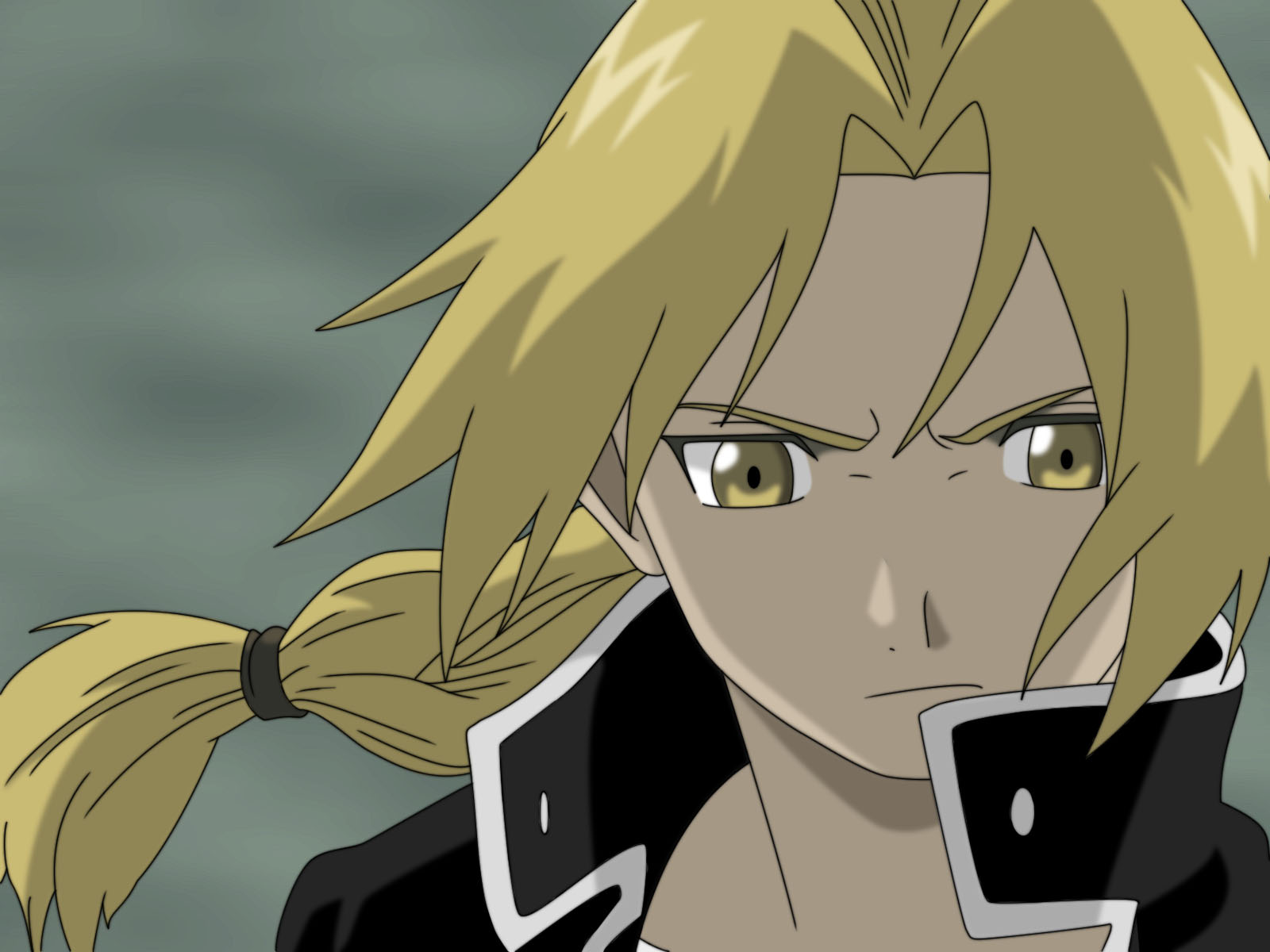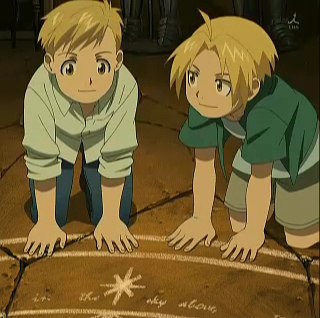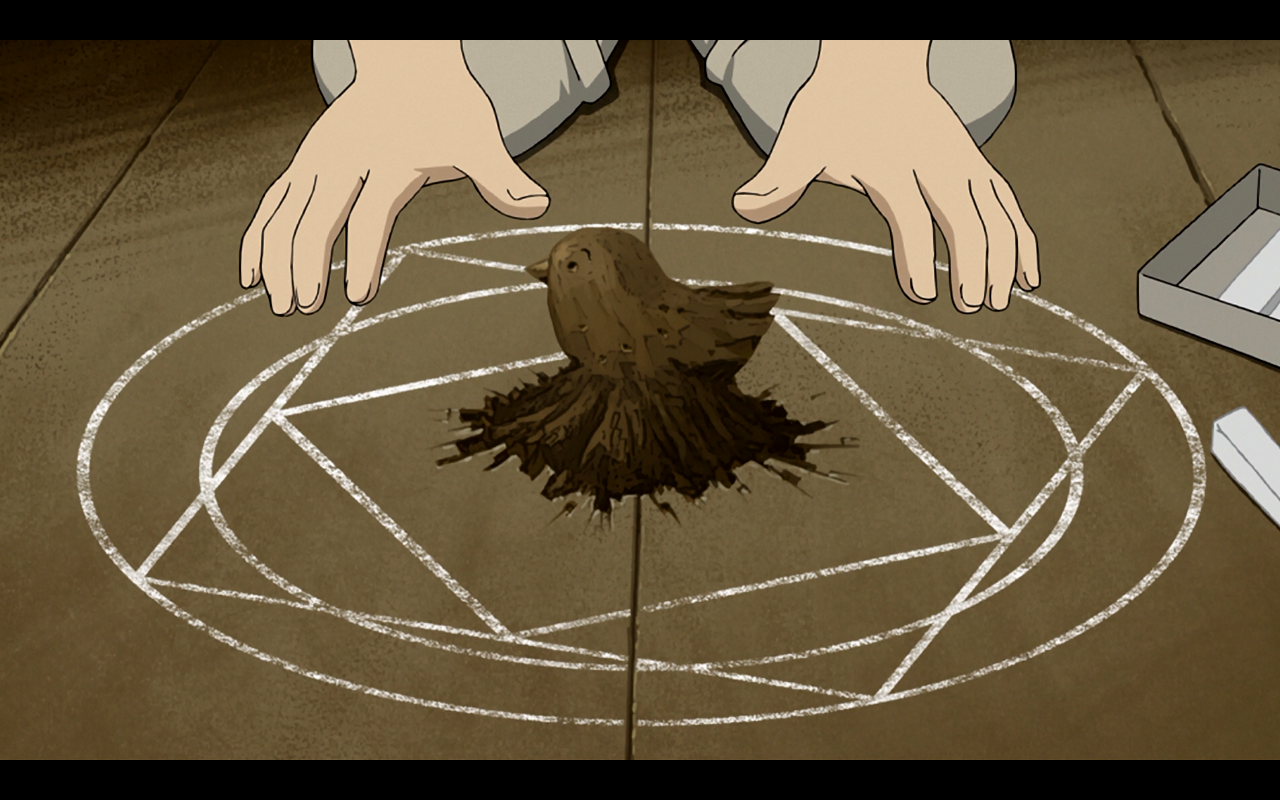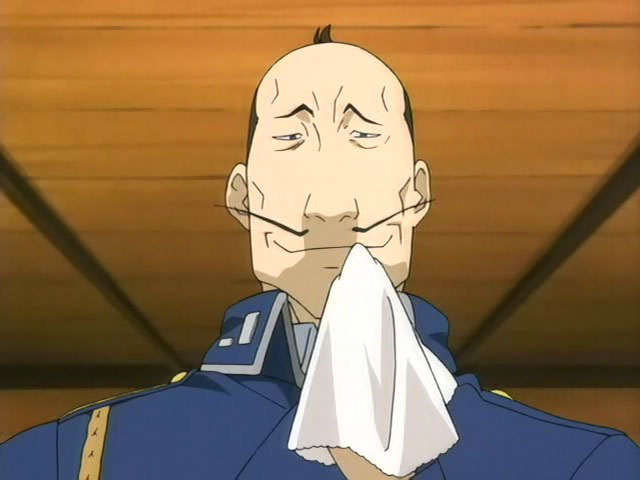You
probably haven't noticed since it hasn't really been mentioned in the
news or on social media, but Star Wars: The Force Awakens recently
hit theatres. Plenty have been showing Star Wars and only Star Wars
for several weeks running. They are going to make a lot of money.
Meanwhile, I, a longtime Gundam fan, am currently watching the
original Mobile Suit Gundam for the first time. For its age, it's an
incredible show; the quality of the animation is astounding, and the
story is pretty timeless. Still, I can't help but notice that it came
out in 1979. Know what else came out just two years earlier? The
original Star Wars.
Creating
the “space” genre, or merely repackaging it?
A
lot of the Star Wars pre-game analyses I saw in the weeks leading up
to the new film's release claim that Star Wars launched the space
genre. Before Star Wars, commercially viable, intellectually
accessible science fiction simply did not exist.
Bullshit.
I'm
not just saying that because of Gundam. Gundam launched after, not
before. I just explained that like two paragraphs ago. Jesus, please
try to pay attention. No, I'm alluding to something interesting I
read in a recent Cracked article:
“George Lucas, hot off the enormously successful American Graffiti, tried to buy the rights to Flash Gordon to turn it into a big-budget film franchise. They couldn't come to terms on a deal, so Lucas just decided to just write his own version. That's all it was. ... The rough draft of Star Wars was an incoherent rambling mess, borrowing entire scenes from other movies, mostly Akira Kurosawa samurai films (then again, Kurosawa had borrowed his from American Westerns). ... For the space dogfight that would mark the climactic battle at the end of the film, Lucas literally stitched together footage from war movies and documentaries, then just re-filmed them with spaceship models, shot for shot. In other words, Santa Claus isn't real."
 |
| Space Captain Harlock |
Flash
Gordon, "Buck Rodgers, Kurosawa, Westerns (Tattooine!), old WW2 footage. Sounds
like Lucas had a lot of good material to draw on. But don't think
that Japan was devoid of material at this point, either! It had its
own “swashbuckling space adventure,” the 1970s anime Space
Captain Harlock. It was popular enough to merit a revival a couple of
years ago. And there's plenty more where that came from. 2001: A
Space Odyssey, both book and movie. Or how about The War of the
Worlds, an HG Wells story from fucking 1897. The decade preceding
Star Wars even saw the rise of another space-themed series of TV
shows and movies, an obscure property called “Star Trek.”
 |
| Metal Gear REX |
Everything
new steals from everything old. Harry Potter draws on centuries of
mythology. Divergent mashes up Harry Potter and The Hunger Games,
which in turn probably took ideas from Battle Royale. Metal Gear is a
mixture of old movies, whatever is currently on Kojima's mind, and,
inevitably, Gundam, because you can't tell me the series that
launched the mecha subgenre did not in some way influence the
eponymous war machines. Hell, even Gundam itself mercilessly
cannibalizes its own plotlines to new purpose. Gundam Seed is just a
repackaged Mobile Suit Gundam; 00 is just Wing for a post-9/11
audience.
Neither
franchise “created” the space adventure. That door had already
been slowly dilating open for decades. What they did
was put an interesting spin on established conventions and make their
own contributions to the cultural landscape. Which, given the flood
of boring, derivative fluff we're inundated with every day of every
year, is a huge accomplishment anyway.
Legacy
 |
| A steam-powered Oobu machine from Sakura Taisen. This one in particular is piloted by the character Sakura. |
Supposedly,
less than 1% of people (English speakers?) have never seen any of the
Star Wars movies. I was actually surprised it was that high! That's
the power that these movies have. And besides Dragonball Z and
Pokemon (in that order), I can't think of any other cultural treasure
that has had a stronger or more enduring impact on the modern
Japanese popular consciousness than Gundam. Final Fantasy? In Japan,
Dragon Quest is bigger. Dragon Quest? Nice try, you sarcastic twit,
because Dragon Quest is kind of only for nerds, while the other three
are widely known by everyone. Sakura Taisen? You know what, now
you're just annoying me.
I've
heard that when making Sonic 2, Naka Yuuji wanted to pay tribute to
the most popular things in America and Japan at the time, which he
determined were Star Wars and Dragonball Z, respectively. Hence why
Sonic collects seven Chaos Emeralds to transform into a golden,
super-powered state, and why Eggman/Robotnik's latest creation is the
planet-like Death Egg. I'm not completely sure if that's a true
story, but it sounds credible.
The
point is that both series have had such a – what? Oh, you think
Gundam's not that important because Dragonball Z beat it out for a
reference in Sonic 2? Go plan a day trip to Odaiba, tell me if you
see anything interesting.
Close
to 40 years later, both Gundam and Star Wars are huge, at least in
their own countries. In case you forgot, The Force Awakens has just
dropped. 2015 saw the beginning of a new Gundam continuity, the
Iron-Blooded Orphans, which I haven't watched yet but is most likely
far less silly than the English title makes it sound. Both have been
the mother of sprawling franchises encompassing everything from
physical toys, books, comic books, video games, all kinds of shit.
Merchandising
 “Lucas,” notes the Cracked article, “knew that he was, in part, making a series of toy commercials.” Once you
see it, you can't unsee it. Why are there so many variations of
Stormtrooper? Because then you can make a separate action figure for
each of them. Ayla Secura gets an action figure. Lando's co-pilot
gets an action figure. You can buy a goddamn Lego Death Star. The
Expanded Universe is/was so successful because it explores
intersting, in-depth stories within a compelling universe, but also
because it allows for a nearly limitless number of concurrently
developed products, with a huge install base, across every creative
medium known to man. They had these novels about Qui-Gon and Obi-Wan
pre-Phantom Menace, I thought they were just about the pinnacle of
literature when I was a little kid. RIP Expanded Universe.
“Lucas,” notes the Cracked article, “knew that he was, in part, making a series of toy commercials.” Once you
see it, you can't unsee it. Why are there so many variations of
Stormtrooper? Because then you can make a separate action figure for
each of them. Ayla Secura gets an action figure. Lando's co-pilot
gets an action figure. You can buy a goddamn Lego Death Star. The
Expanded Universe is/was so successful because it explores
intersting, in-depth stories within a compelling universe, but also
because it allows for a nearly limitless number of concurrently
developed products, with a huge install base, across every creative
medium known to man. They had these novels about Qui-Gon and Obi-Wan
pre-Phantom Menace, I thought they were just about the pinnacle of
literature when I was a little kid. RIP Expanded Universe. |
| GAT-X131 Calamity Gundam |
Now
Gundam is an interesting case, it wasn't designed with the
possibility of merchandise in mind, rather the プラモデル
plastic models were
designed first, and then
Tomino was called in to create the anime in order to market the toys.
When I first found out that Calamity from Seed was originally
supposed to be 1.5 times the size of a regular Gundam, but this was
changed because it would mean the scale model would have to be bigger
and thus more expensive, it absolutely blew my mind that something so
seemingly trivial could actually affect, no, constrict the creator's
vision. Of course, back then I also didn't know that a lot of the
best moments in movies were born from blind chance, that the stories
and settings of video games are crafted in response to the gameplay
mechanics and not the other way around, etc. Well, I was a child.
Which,
while I'm on the topic, is why it always amuses/frustrates me when
people complain that in making the prequels, George Lucas took Star
Wars and “made it for children.” Uh, have you fucking seen
the first three movies? THEY ARE
FOR CHILDREN. Look at Luke – he is a hero made for children. His
robot buddies are hand-made for children. And I'm sorry for treading
well-trodden ground, but come the fuck on:
Star
Wars is for children and always has been. And actually, so is Gundam.
It's sophisticated enough that you can see it for the first time as
an adult and still appreciate it, but let's be realistic, here, we're
talking about giant robots fighting each other. It's only that Japan
is a little less moralistic about its entertainment and coddles its
youth a little less. (Broad strokes. Obviously.)
Themes
 |
| Char Aznable, fan favourite and one of the key characters of Gundam's "Universal Century" continunity |
Psych! The two couldn't be
farther apart. Gundam tells a nuanced anti-war tale in which there
are no clear good guys and bad guys; the antagonists in the first
series, the Principality of Zeon, want nothing more than independence
from the oppressive Earth Federation (and I spent much of the series
trying to figure out why the Federation didn't just give it to them).
Later series continue the story from their perspective. As things
develop, Mobile Suit Gundam scratches topics such as ecology (decades
before An Inconvenient Truth) and transhumanism. Star Wars,
meanwhile, is about how war is awesome, violence solves every
problem, the good guys not only always win but always survive, and
your enemies are all irredeemably evil.
Hero's
Journey?
You
could say that both Luke Skywalker and Amuro Rei follow a fairly
typical Hero's Journey, one of the recognized plot structures in
literature. Luke has humble beginnings (a moisture farm), gradually
comes into his abilities, and finally destroys the Death Star in the
climactic action sequence. It works even better on a trilogy-wide
scale, with blind luck leading the way to victory in A New Hope, Luke
screwing up and battling his inner demons in The Empire Strikes Back,
and emerging in Return of the Jedi as a confident, skilled combatant.
 |
| Source. |
Similarly,
civilian teenager Amuro Rei is thrust into a combat role by
circumstances, and initially depends heavily on the capabilities of
his machine to achieve victory. Understandably, he develops (a fairly
believable depiction of) PTSD after a few battles, stops eating and
sleeping properly, and lashes out at the people trying to help him,
including his closest friend. At one point he even deserts his ship,
White Base, and absconds with the Gundam, which is military property
in the first place. Eventually he comes to terms with his fear,
achieves his potential, and becomes a truly skilled pilot bent on
protecting White Base and its inhabitants.
Of
course, I'm not sure this actually says anything substantial about
these two series. It probably just indicates that the Hero's Journey
is a good fit for a space opera. Which I guess is interesting in
itself, actually.
Accidental
retro-futurism
This
is a common pitfall of science fiction: By the time the real world
has caught up chronologically with the one you've created, it may
have actually surpassed the technology you were envisioning, or gone
off in a completely different direction. Early cyberpunk had
conceived of the Internet before the Internet was the Internet, but
it didn't occur to people back in the 80's that we would eventually
be able to access it wirelessly.
 |
| "These days its design seems completely inadequate." Source. |
Again,
even today I find Mobile Suit Gundam relevant and immensely
enjoyable, but one does notice the occasioanl hiccough in
technological progress. I think this is most noticeable in the
viewscreens used by crewmen on White Base and in their mobile suit
cockpits, which is to say they look like an old TV your father has
stored in his basement because he hasn't bothered to throw it away
yet, not like modern monitors and certainly not like anything we'll
have by the time we're living on the moon.
Meanwhile,
control panels on the shiny, just-finished Death Star look as though
they're best suited for operating a Magnavox Intellivision.
 |
| Cutting-edge computer technology in the world of Fallout. |
This
can injure suspension of disbelief, but I actually really dig this.
It's kind of like a fingerprint left on a work by the era in which it
was created. You can always think of it as an alternate timeline,
like in Fallout, where humanity pursued nuclear technology instead of
computer technology, so that even computers manufactured circa 2077
intentionally look like they came out of 1950.
Destruction!
The
Death Star destroying Alderaan is the cayalyst for sections of plot
in A New Hope. Mobile Suit Gundam kicks off with the destruction of
the protagonist's home, the space colony Side 7. Huh.
Laser
swords
Lightsabre
– beam sabre. Even the names are similar.
If
there's one thing East and West could agree on in the 1970s, it was
that laser swords are just plain cool. Or “totally radical,” I
guess.
But
all of this pales in comparison to...
Amateur
mechanics
As
a young boy, Anakin Skywalker built C-3PO...
...and
as a budding scientific prodigy, Amuro Rei created the purely
decorative robot Haro.
Anakin,
of course, becomes Darth Vader. And in some Gundam series, Amuro
occupies the role of villain.
Coincidence?
The crossover section of Fanfiction.com thinks not.







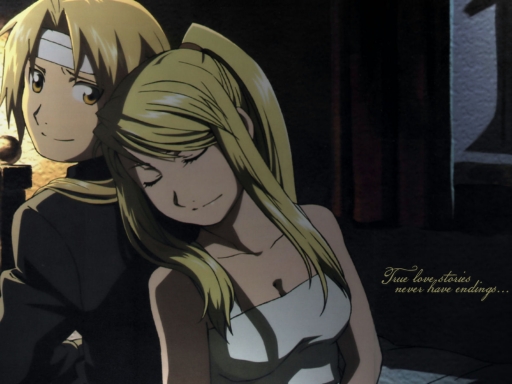







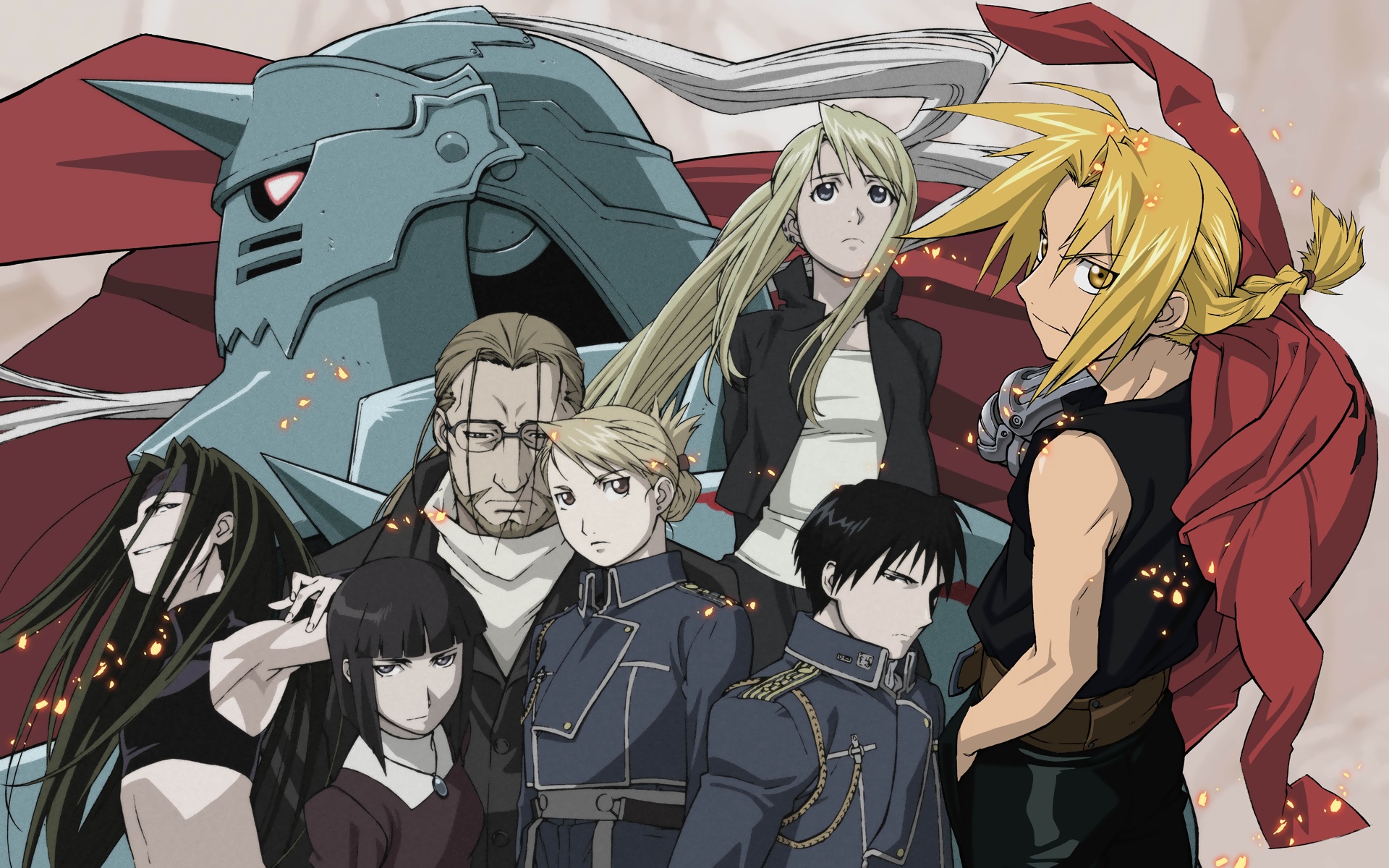
.jpg)


